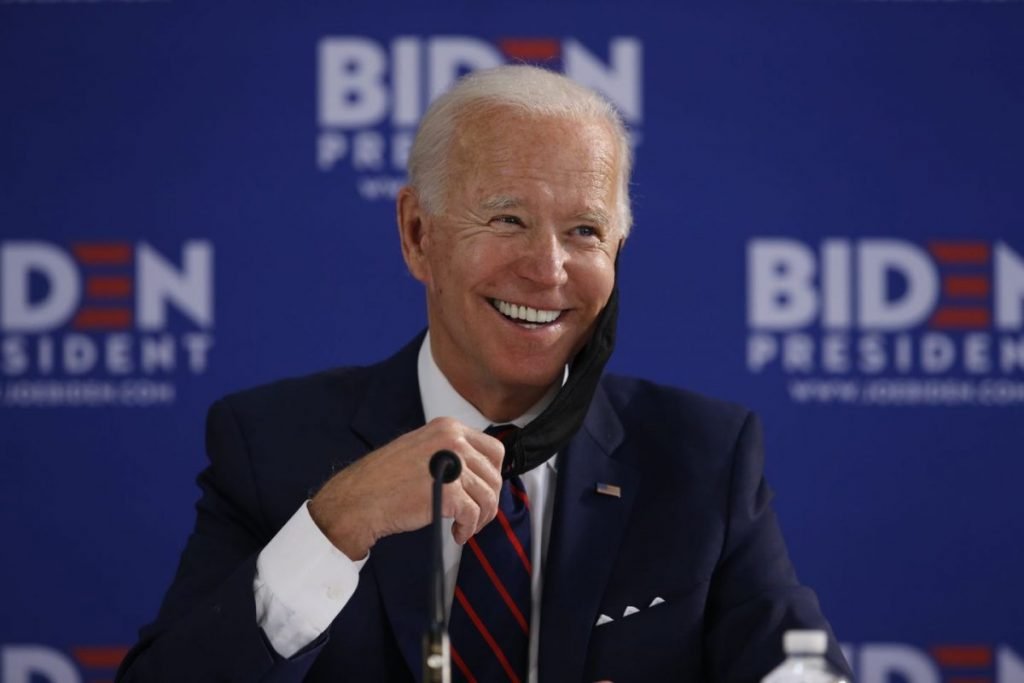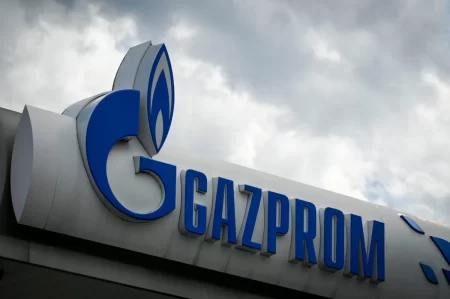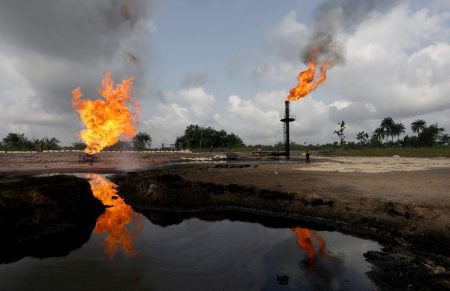
News wire — U.S. LNG exporter Cheniere Energy on Thursday raised its annual core profit forecast after higher demand for liquefied natural gas helped it top third-quarter estimates.
Results benefited from higher Asian spot LNG prices, which rose to their highest level in more than eight months in August, and an increase in exports. Cheniere exported 158 LNG cargoes in the quarter, up about 4% from the year-ago period.
Its shares rose nearly 5% to $190.42 in midday trading.
The company raised its full-year adjusted core profit outlook to between $6 billion and $6.3 billion, from its previous range of $5.7 billion to $6.1 billion.
Cheniere’s Corpus Christi Stage 3 project, an export facility in South Texas, is expected to soon start introducing natural gas into one unit, which will produce the first LNG before the end of the year, Cheniere CEO Jack Fusco said.
Cheniere expects three trains of the 10 million metric tons per annum (MTPA) expansion to produce LNG next year, which will add 3 million metric tons of the superchilled gas to the spot market, he said.
Sales of those cargoes will help provide funding for the capital requirements of the stage 3 project’s capital expenditures, said finance chief Zach Davis.
On the proposed 20 MTPA expansion at its Sabine Pass, Louisiana, facility, Cheniere said it is making “good progress” in discussions with potential buyers.
Chief Commercial Officer Anatol Feygin said Cheniere expects continued growth in LNG demand from Asia, while Europe would remain stable in its gas consumption through the middle of the next decade.
With U.S. elections days away, Fusco said Cheniere expects to work with anyone who wins the White House and encouraged his employees to vote.
Cheniere posted an adjusted core profit of $1.5 billion for the quarter ended Sept. 30, beating analysts’ average estimate of $1.39 billion, according to data compiled by LSEG.
Its quarterly revenue of $3.76 billion also edged past estimates of $3.73 billion.
Reporting by Tanay Dhumal in Bengaluru and Curtis Williams in Houston; Editing by Sharon Singleton and David Holmes – Reuters



